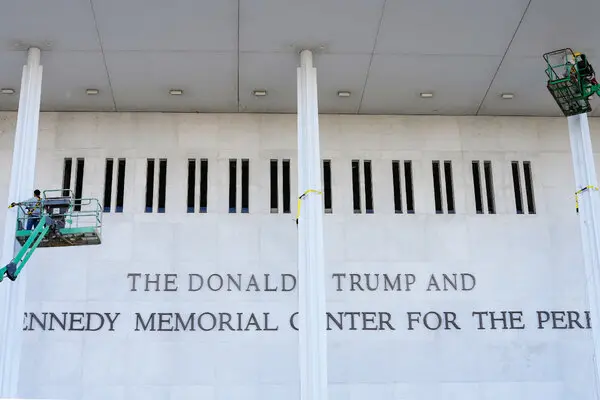From Wikinews, the free news source you can write!
World leaders converged in New York this week for the 80th United Nations General Assembly (UNGA), facing the immense challenge of addressing some of the planet’s most urgent issues. Over four days, from September 23 to 26, more than 150 heads of state and government shared their perspectives on conflicts, humanitarian crises, and global cooperation, reflecting both the hopes and tensions of a fragile world.
For Palestinians, the assembly brought a virtual voice. President Mahmoud Abbas, unable to attend in person due to U.S. visa restrictions, called for international support and stressed the importance of a two-state solution. His words highlighted the ongoing struggles of Palestinian communities and the human cost of prolonged political conflict.
In Bangladesh, interim Chief Adviser Muhammad Yunus drew attention to the plight of over 1.3 million Rohingya refugees living in overcrowded camps. With aid dwindling, Yunus warned of the potential for a humanitarian catastrophe if the international community did not act swiftly. His plea underscored the vulnerability of people caught in crises beyond their control.
Tensions in the Middle East also shaped the discussions. Israeli Prime Minister Benjamin Netanyahu defended military operations in Gaza, a stance that sparked protests outside the UN headquarters and prompted walkouts by more than 100 diplomats. While Netanyahu framed his remarks as a matter of national security, critics voiced deep concern over the humanitarian impact, emphasizing the human lives affected by the ongoing conflict.
The assembly also focused on the war in Ukraine. President Volodymyr Zelenskyy appealed for sustained international support to reclaim Ukrainian territories, while Russian Foreign Minister Sergey Lavrov cited NATO’s eastern expansion as justification for Russia’s military actions. These exchanges highlighted the high stakes of geopolitical conflicts and the profound consequences for civilians in the affected regions.
U.S. President Donald Trump emphasized an “America First” approach, prioritizing national interests over multilateral initiatives. His address contrasted with calls from other leaders for cooperative solutions to global problems, reflecting the differing perspectives on international responsibility.
![]()




